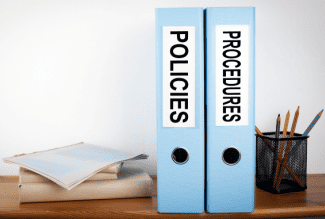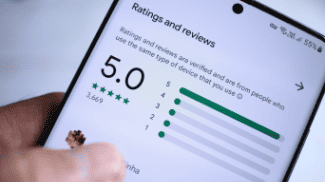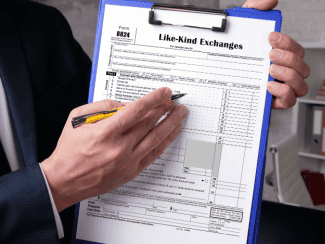What Every Landlord Should Know Before They Rent Their First Unit
Searching for and finding the right tenant is a daunting task for any first time landlord. Yet once you have signed the lease agreement, the work will have only begun. Knowing what is expected of you and your tenant is critical to a successful relationship. Every landlord ought to know how to manage the relationship with a tenant before the rental agreement is signed; and, knowing what rights you and your tenant have is an important of that process.
Know Your Rights

In addition, a property owner can add other specifications into the lease agreement and have the tenant sign on. For example, a property in condominium community or senior citizens complex may have additional requirements that both property owner and tenant must meet.
Know Their Rights
The tenant has a separate set of rights that create certain obligations for you. You are responsible for repairs and keeping the property in livable condition. The landlord must also make sure his or her property complies with housing codes in your area and any addition municipal rules. A first-time landlord would need to research local and state laws before renting. One example of a very specific municipal law comes from San Francisco – where a property owner is required to provide heating capable of maintaining a room temperature of at least 68 degrees. Not adhering to this code could result in a fine from the city and possible legal action from the tenant.
Requirements for security deposits also vary from one area to the next. Most require you to collect and maintain it in an interest-bearing account. After subtracting any deductions for repairs, you have to return the balance to the tenant. Each of these is an example of how doing a little research or calling your local housing authority could save money, time and stress.
Choose the Right Relationship
Some property owners view their tenant as a potential friend and partner. The relationship can be collaborative with a lot of leeway given on both sides. Some landlords allow the tenant to choose paint colors, fixtures and other décor options, while others incorporate renewal bonuses into their leases. Some tenants allow the landlord to enter without formal announcements.
Others prefer a business-like or rule-based relationship. The lease agreement contains the rules and expectations. Other details can be put in the lease agreement regarding boundaries for when the owner can enter and make repairs. The same goes for rent payment, late fees and limits on uses and decoration.
Yet another option is to be hands off in the beginning. Some new landlords are not comfortable with handling day-to-day tenant affairs on their own. Instead, they hire a management company to collect rents and make repairs until they become more knowledgeable about the business of renting property. Deciding what type of relationship you want before you lease can be extremely helpful in finding the right tenant. It can also help prevent misunderstandings down the road.
Source: Legal Zoom
Free Rental Application
Get 20 Rental Forms for FREE, including a rental application.















 Accessibility
Accessibility